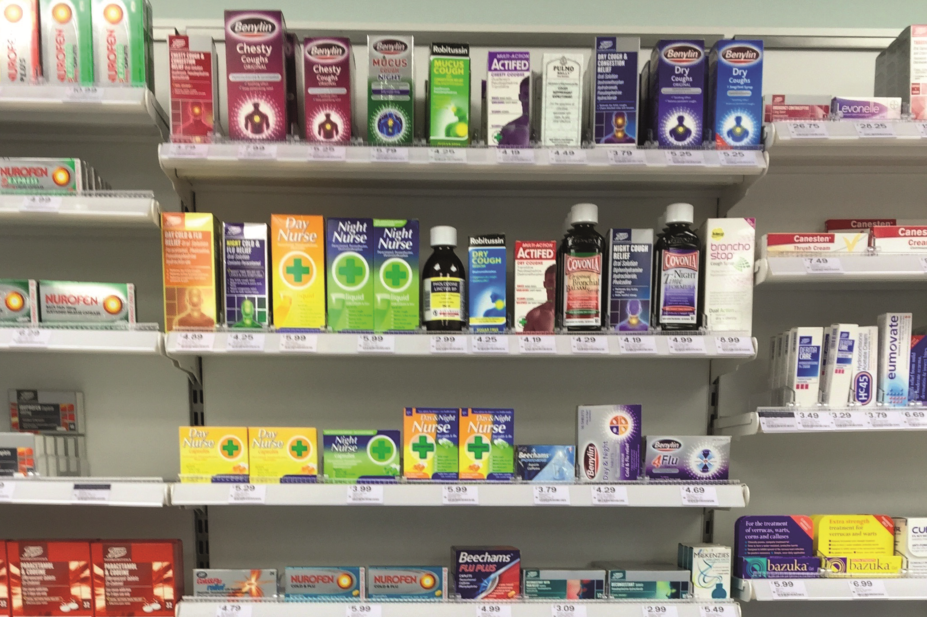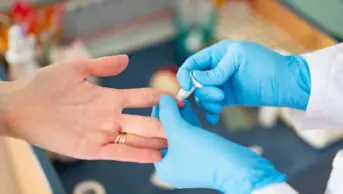
Shutterstock.com
The NHS England board has approved guidance that will restrict the prescription of seven more items that are currently available in primary care, including silk clothes, bath emollients and minocyline, which is used to treat acne.
The decision, ratified at a board meeting held in London on 27 June 2019, follows previous guidance for clinical commissioning groups (CCGs), issued in March 2018, that restricts routine prescribing of OTC medicines for the treatment of 35 minor, self-limiting conditions and guidance published in November 2017, which listed 18 items that should not be prescribed in primary care as they were to be considered to be of low clinical value.
A proposal to restrict the routine prescribing of a further eight items, including minocycline for acne, silk garments and bath and shower emollient preparations, was put out for public consulation between November 2018 and February 2019.
The proposals included the removal of blood glucose testing strips for type 2 diabetes mellitus, but following the consultation — and, NHS England said, “further advice” from the NHS Improvement diabetes team — these will remain available by routine prescription while further work is done to compare the quality of the different strips available.
In its response to the consultation, the Royal Pharmaceutical Society (RPS) had requested evidence that cheaper glucose monitors and testing strips were as “effective and as easy to use” as more expensive versions, before a decision was made to restrict their prescription.
The RPS had also expressed concern about proposed restrictions on bath and shower emollients for dry skin conditions. It said such restrictions could lead to patients making greater use of leave-on emollients which can present a fire hazard.
However, NHS England said that following consultation responses and an evidence review from the Specialist Pharmacist Service, “the clinical working group did not feel it necessary to amend the recommendations”.
Implementation of the new guidance has the potential to save up to £22.4m, it added.
- This article was amended on 1 July 2019 to clarify that the seven items subject to restricted prescribing are not all over-the-counter products


